Ten Questions for Hala Alyan
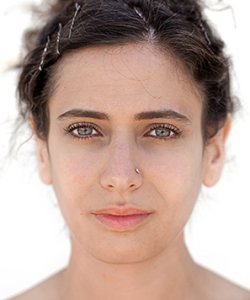
“I usually wait until I need to write, which makes for a really thrilling, cathartic experience of creation.” —Hala Alyan, author of The Twenty-Ninth Year
Jump to navigation Skip to content
Read weekly interviews with authors to learn the inside stories of how their books were written, edited, and published; insights into the creative process; the best writing advice they’ve ever heard; and more.

“I usually wait until I need to write, which makes for a really thrilling, cathartic experience of creation.” —Hala Alyan, author of The Twenty-Ninth Year

“I think a lot of contemporary editors, myself included, push too much for clarity when sometimes a little muddiness is just the thing.” —Juliet Lapidos, author of Talent

“You must find pleasure in the work itself—doing the work. Otherwise, what’s the point?” —Sarah McColl, author of Joy Enough.
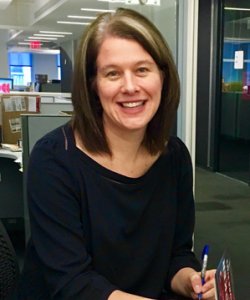
“Butt in chair, do the work. It’s the most basic and important writing advice there is.” —Laura Sims, author of Looker

“I come up with a form and then find a way to ‘translate’ my thoughts into the form. It wasn’t always like that, but that’s the way it is now. I used to think in lines.” —Elisa Gabbert, author of The Word Pretty
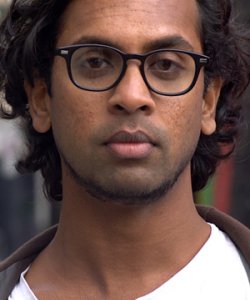
“There is something about your own subconscious that is far more perceptive than whatever your conscious mind can conjure up.” —Guy Gunaratne, author of In Our Mad and Furious City

“No writing is good enough until you, as an author, make a small contribution, the size of a drop, into the ocean of the world’s literature.” —Nuruddin Farah, author of North of Dawn
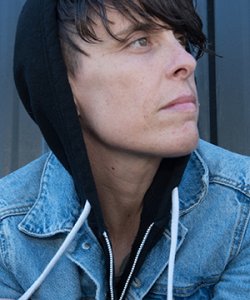
“I pay attention to what requires courage to say, and I do my best to try to say it.” —Andrea Gibson, author of Lord of the Butterflies
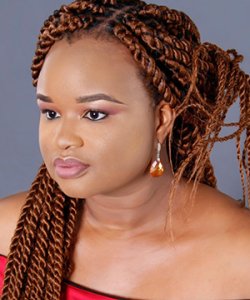
“I have learned that it isn’t wise to wait for inspiration; inspiration will meet me at my desk.” —Oyinkan Braithwaite

“The best poems I’ve written (or at least my favorite poems) have been the ones that have been the most honest.” —Claire Wahmanholm, author of Wilder

“Writing is a form of manual labor and should be approached in that spirit.” —Wesley Yang, author of The Souls of Yellow Folk

“To sit down and write requires a degree of optimism. You have to trust that there is relief to be found in placing one word after another.” —Idra Novey, author of Those Who Knew

“I move between language, history, and worldviews—it’s always place between that gives me the most insight into my creative process.” —Sherwin Bitsui, author of Dissolve
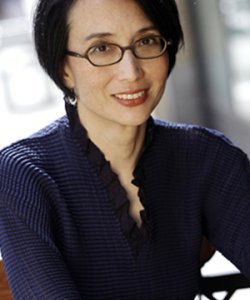
“I wish it were easier for writers of color who don’t come from moneyed backgrounds to be heard and celebrated.” —May-Lee Chai, author of Useful Phrases for Immigrants

“What we need to do is make people less certain about their certainties.” —Rosellen Brown, author of The Lake on Fire

“I love getting into the nitty-gritty of a novel, right down to the sentence and the word level.” —Claire Fuller, author of Bitter Orange

“When you’re writing, get out of the way and let the story reveal itself to you. —Simon Van Booy, author of The Sadness of Beautiful Things

“I have three states of being: feeling doubt, manifesting a vague desire to say something that seems important, and writing toward ground zero of that desire.” —Christopher Kennedy, author of Clues From the Animal Kingdom
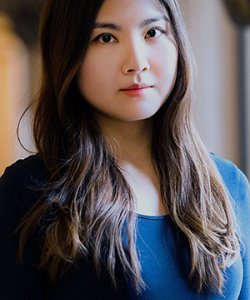
“I find that poems in my head become louder when everything is quiet.” —Emily Jungmin Yoon, author of A Cruelty Special to Our Species

“I can multitask the hell out of a holiday meal preparation, but when I’m working on a novel it’s all or nothing.” —Melanie Hobson, author of Summer Cannibals

“To doubt yourself means you’re on to the right thing. I find that reassuring.” —Sharlene Teo, author of Ponti
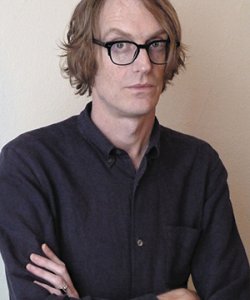
“I’m for an industry-wide ban on the blurb.” —Patrick DeWitt, author of French Exit
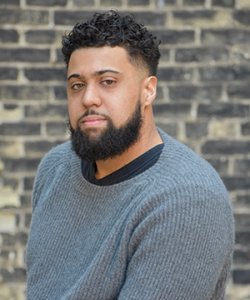
“It is a terrifying process to release your literary babies into the world, where anybody can say anything they want about them.” —J. M. Holmes, author of How Are You Going to Save Yourself
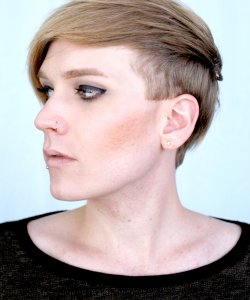
“In a system that doesn’t value writing, but only the marketing possibility of the writer and the written object, to write is the ‘success’ itself.” —Jos Charles, author of feeld
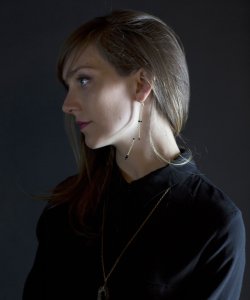
“I don’t think beyond the book I’m writing, and I’m always writing one.” —Catherine Lacey, author of Certain American States